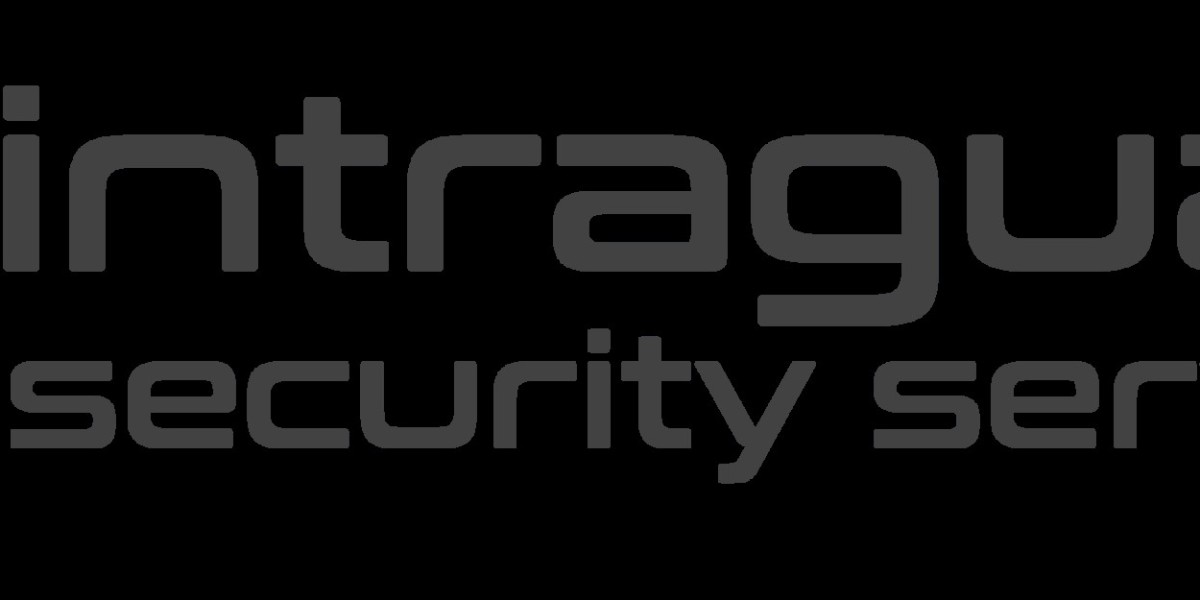Managing high-traffic events requires a well-thought-out strategy that prioritizes safety, security, and smooth operations. Whether it’s a music festival, a sports event, a conference, or a large public gathering, the presence of a professional security team is critical. These events attract large crowds, which can pose significant risks if not properly managed. This blog will explore the best practices for managing high-traffic events with professional event security, ensuring the safety of attendees, staff, and the general public.
1. The Importance of Professional Security Teams
When it comes to large events, one of the first things event organizers need to prioritize is safety. High-traffic events, by their very nature, are prone to various risks, such as crowd control issues, potential threats, medical emergencies, or even criminal activity. Professional security teams provide the expertise necessary to mitigate these risks.
These teams are trained to handle crowd dynamics, respond to emergencies, manage access points, and provide a sense of security to event-goers. Their presence not only ensures the safety of those attending the event but also contributes to an organized and positive atmosphere.
2. Conduct a Risk Assessment
The first step in planning for professional security teams is conducting a thorough risk assessment of the event. This process involves identifying potential threats and vulnerabilities in the event’s environment. For high-traffic events, this may include areas where crowd surges could occur, potential access points for unauthorized individuals, and locations where emergency services may be required.
A risk assessment helps security teams to anticipate the necessary measures, such as the number of personnel required, strategic placement of security officers, and equipment needed for specific tasks. It’s also vital for anticipating challenges related to crowd behavior, traffic management, and medical emergencies.
3. Strategize Crowd Control
Effective crowd control is essential for managing high-traffic events. Professional security teams use a variety of methods to ensure that the crowd flows smoothly and stays within designated areas. One of the most common tools for crowd control is the use of barriers and fencing to section off certain areas. This allows security personnel to regulate foot traffic and ensure that attendees remain within safe boundaries.
In addition to physical barriers, security teams also employ techniques like directing people with the help of signs, visible staff, and designated entry/exit points. These methods make it easier to handle large numbers of people and prevent crowd congestion.
It’s also essential to be prepared for crowd management during the peak times, such as when the event starts or ends. Professional security teams should have contingency plans in place to address any potential disruptions that may arise during these high-traffic periods.
4. Access Control and Screening
Controlling access to high-traffic events is crucial for maintaining security. Professional security teams are responsible for screening attendees as they enter and exit the event. This may involve bag checks, metal detectors, and ID verification to ensure that no prohibited items or individuals gain access.
Setting up multiple access points can help reduce congestion at entrance and exit areas. Having more entry lanes staffed by trained personnel speeds up the screening process, allowing for quicker movement of attendees while ensuring their safety.
Access control also extends to restricted areas, such as backstage or VIP sections. These areas need to be closely monitored to prevent unauthorized individuals from entering.
5. Communication and Coordination
In high-traffic events, the ability to communicate effectively is paramount. Professional security teams must maintain constant communication with each other, event organizers, emergency services, and other relevant stakeholders. This coordination allows for quick decision-making and an organized response to any incidents that may occur.
Radio systems, mobile apps, and walkie-talkies are commonly used by security teams to stay in touch and relay real-time information. A clear chain of command should also be established, with team leaders assigned to specific areas or duties, so that each member of the security team knows exactly what their role is and who to report to.
6. Emergency Preparedness
Despite the best preventive measures, emergencies can happen, and being prepared is vital. Professional security teams should have comprehensive emergency response plans in place that cover a variety of scenarios, such as medical emergencies, fires, evacuations, or security breaches.
A well-coordinated emergency response plan includes clearly marked evacuation routes, designated meeting points for staff and attendees, and immediate access to first aid supplies or paramedic services. Security personnel should be trained in basic first aid and CPR, and some teams may even include specialized emergency responders, depending on the scale of the event.
Having a team that can act quickly and efficiently in a crisis is one of the primary benefits of hiring professional security teams for high-traffic events.
7. Post-Event Security and Debrief
After the event has concluded, security doesn't stop. Professional security teams should ensure that there are procedures in place for the safe dispersal of the crowd, removal of barriers, and securing of the venue. They should also be vigilant for any late-stage incidents that may occur once the majority of attendees have left the premises.
Once the event is over, it's critical to conduct a debrief with the security team. This meeting should review what went well, what could have been improved, and how any incidents were handled. By identifying areas for improvement, organizers and security teams can better prepare for future events.
Conclusion
Managing a high-traffic event is no easy feat, but with the right strategies in place, it can be accomplished smoothly and safely. Professional security teams are essential for maintaining order, ensuring safety, and providing peace of mind to both event organizers and attendees. By conducting thorough risk assessments, planning for crowd control, coordinating communication, preparing for emergencies, and conducting post-event debriefs, security teams can effectively handle even the most chaotic of events. The expertise they bring to the table is indispensable in creating a secure and enjoyable experience for everyone involved.
Intraguard is a standout name in security companies London, offering a range of services from CCTV surveillance and manned guarding to guard dog patrols, ensuring your safety in the city.







